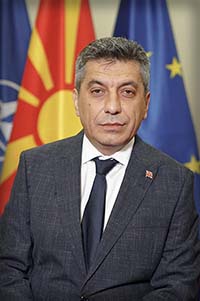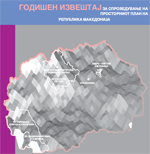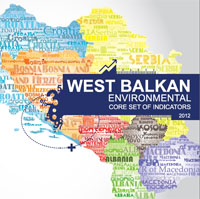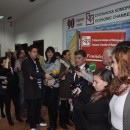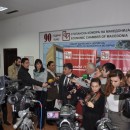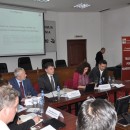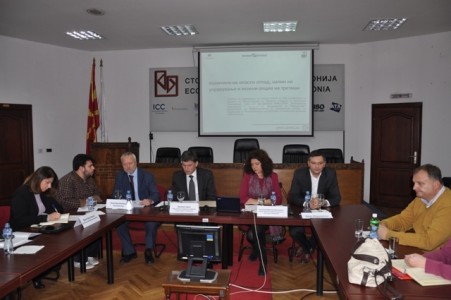 Today, in the premises of the Chamber of Commerce of Macedonia, in the frames of the Project “Integrated Pollution Prevention and Control in Macedonia”, round table was held where the results of the first phase of the Study on hazardous waste in the Republic of Macedonia” were presented in front of the interested public.
Today, in the premises of the Chamber of Commerce of Macedonia, in the frames of the Project “Integrated Pollution Prevention and Control in Macedonia”, round table was held where the results of the first phase of the Study on hazardous waste in the Republic of Macedonia” were presented in front of the interested public.
The event was also attended by the Minister of Environment and Physical Planning Nurhan Izairi, who addressed the participants, saying:
-The goal of today’s round table is to inform the general interested public of the preparation of Feasibility Study on the treatment of the hazardous waste generated in the Republic of Macedonia. Namely, the Ministry of Environment and Physical Planningwas obliged by the Government of the Republic of Macedonia to prepare the Study and present the results and directions to derive from it, by the end of January 2015.
We prepared the Study in the frameworks of the project financed by the Government of the Kingdom of Norway and avail myself of this opportunity to repeat our appreciation publicly and thank them for the support they provide generously to our country. The Study should provide the directions of future policies in hazardous waste management in the country, as well as precise data on the quantities of hazardous waste generation and possible ways of its treatment. Today’s gathering is an opportunity to discuss the results obtained from the first phase of the Study development and exchange experiences. Data indicates that currently there is lack of adequate system for hazardous waste management, insufficient institutional capacity and real application of regulations in this area. The current manner of waste management in the Republic of Macedonia, unfortunately, is characterized as substandard in terms of human and financial resources, as well as lack of adequate system for reporting and monitoring the types and the quantities of hazardous waste by competent institutions in line with the law. All these factors may result in significant pollution of the environment and human health threat. Therefore, I propose that we first listen to the presentation of the results covered so far by the Study version and then comment jointly and of course present our opinions and proposals.






